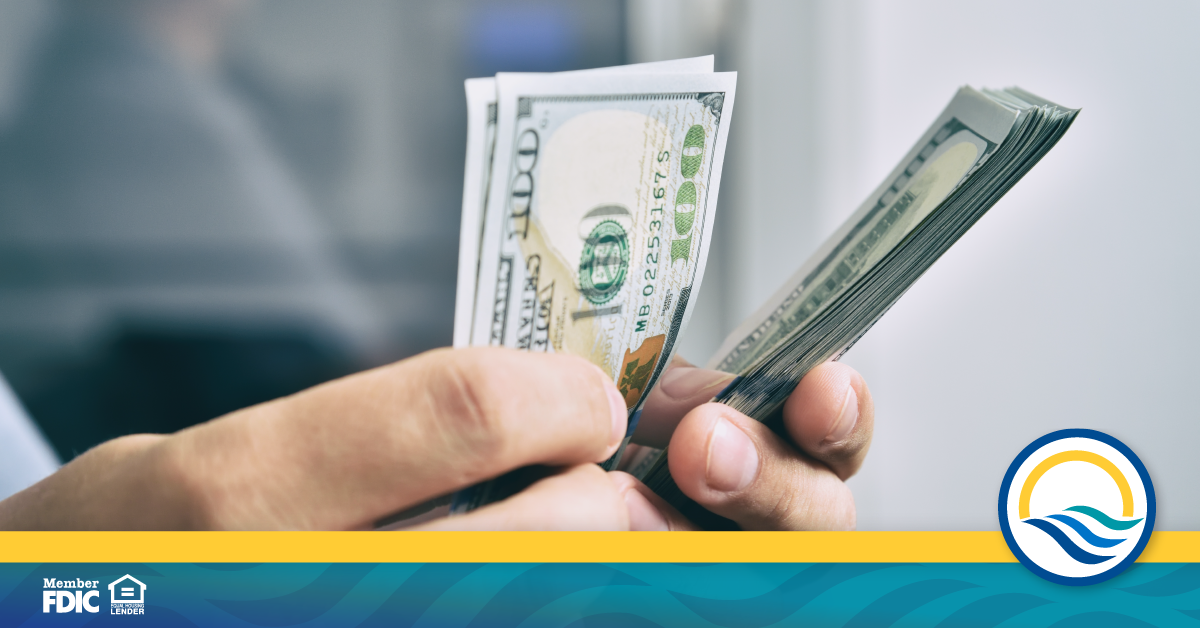4 Common Mistakes People Make When Trying to Pay Off Loans

Are you sick and tired of having debt hanging over your head — yet you can’t seem to get rid of it? You may be making one or many of these common mistakes as you attempt to repay your loans and become debt-free. Any of these missteps will actually impair your ability to eliminate that mountain of debt — whether that’s credit card debt, student loan debt, automotive loan debt, medical debt, or unpaid bills.
You don’t control your spending habits
Paying off your existing debts requires self-awareness and frugal spending. If you continue to expend money freely on inessential items and rack up high bills every month, you are only making it harder to eliminate debt. That’s why it’s important to assess your current spending habits and determine how you can cut back on unnecessary spending. Then you’ll have more money to direct towards diminishing your debt.
Live off a limited budget so you don’t wind up going deeper into debt. Forbes contributor Kelley Long points out that you shouldn’t be living beyond your means; instead, follow a tight budget to regulate your spending. Wrangling in your spending may involve “temporarily canceling services like cable, taking a break from dining out or even selling a lesser-used car.” And stop using credit cards altogether if you’re trying to pay off short-term debt.
You don’t focus your efforts
Here’s a mistake you could be making if you have multiple debts: trying to repay all of them at once. If you spread your extra money across multiple loan balances, you won’t make significant progress on any of them.
“You should pay the minimum on all your bills, but then decide on one particular debt to send your extra cash to,” recommends The Motley Fool writer Christy Bieber. “That way this debt can be paid down much faster — and eventually eliminated — and you'll have fewer creditors you have to deal with.”
Apart from paying the minimum payments every month, don’t spread out your contributions equally. Instead, find the place where your payment will have the most impact — typically the debt with the highest interest rate.
You aren’t paying down the principal
When you contribute your spare cash to tackling your loans, make sure that you’re putting that money directly toward paying down the remaining principal. Many people assume that any extra funds they send to their creditors will go toward reducing their loan at a faster rate, but those funds just get applied to paying down the interest or making monthly payments early. When you make extra payments, that money should go to the principal to have the biggest impact on the balance.
You don’t have an emergency fund
Having a stash of emergency money may seem counterintuitive when you’re striving to repay debts as quickly as possible — until you actually need that money. Setting aside a little bit of money for emergency access will be a lifesaver when you’re faced with unexpected bills. Otherwise, your eagerness to repay your loans may leave you with insufficient funds to handle the situation.
“If you are making progress on debt repayment and suddenly have to put a huge bill on your credit cards because of a financial emergency, you'll undo all your efforts,” warns Bieber. “You could get trapped in a never-ending cycle and quickly lose momentum.”
Getting out of debt is a slow, difficult process that takes time to achieve, but it’s more than worth the effort. Hasten your journey to financial freedom by tackling your loans smartly.
